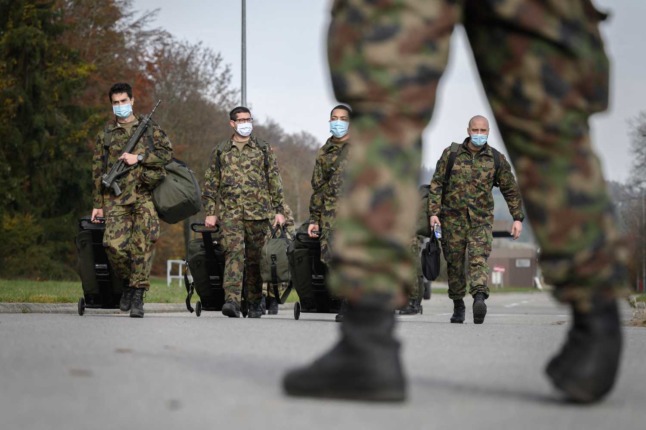The thief himself returned the child on Tuesday to the nativity scene outside the Stora Hotel in the town at the heart of Sweden’s ‘bible belt’, according to Sveriges Radio.
The second coming was made possible after someone had put up a note by the manger requesting that it be closed “a half hour later this evening.”
The child saviour was then back in his crib among the wise men 30 minutes later.
Curt Ankarberg, responsible for the nativity scene, confirmed that everyone at the hotel was happy to see the baby Jesus returned and the nativity scene resurrected.
Ankarberg expressed some surprise at the attention that the theft had brought.
“The whole of Småland seems to know that the baby Jesus has been on the run,” he said to Sveriges Radio.
The baby Jesus had been in the wilderness since Saturday when he was taken from the manger outside the hotel by a thief in total disregard for the seventh commandment.
Ankarberg took a forgiving approach and elected not to report the matter to the police, saying at time that:
“We wanted to take Jesus to the people, but not like this.”
Ankarberg appealed for the child’s return and on Tuesday evening his prayer had been answered.
The manger scene has been funded by 17 local congregations in the town known for its density of religious groups not affiliated to the Swedish church. The congregations contributed a total of 300,000 kronor ($39,000).



 Please whitelist us to continue reading.
Please whitelist us to continue reading.